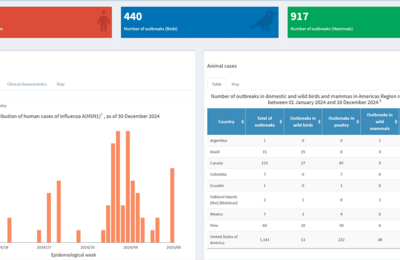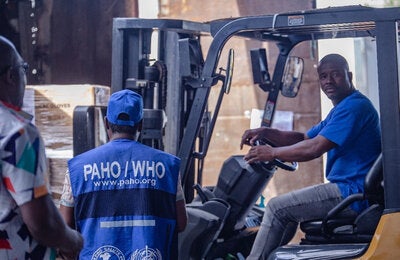
Montevideo, November 7, 2022. During the FIGO 2022 Regional Congress, Marya G. Zlatnik, professor at the University of California, San Francisco, USA, gave a presentation on: Occupational and Environmental Exposures and Women's Health: Effects and Policy Approaches.
The talk dealt with the risks of exposure to certain environments and tasks during pregnancy. Zlatnik said, "To protect women and their families, there must be standards that improve the safety of all occupations. Women need income, often to support their families, so denying them a job because it may be unsafe is not a useful strategy. Ideally, jobs should be safe for all who are engaged in them, whether they are men or women."
The expert expressed concern, particularly, about exposure to pesticides, "Some of them have been shown to be associated with shorter pregnancies and to have an impact on children's health." He also pointed out that exposure to heavy metals and chemicals "that are sometimes more present than we think in the different elements we come into contact with" is a problem.
"I think one of the main challenges is the tension between economic development, jobs and regulations that should ensure people's safety," she said.
Regarding the role of health personnel, she said, "It's important for those caring for pregnant women to listen to what their patients are telling them, and if women are concerned about exposure to something they think might be bad for them or their babies, to try to come up with strategies to deal with it. For some exposures, proper nutrition can lower the risks, for example."
Zlatnik also addressed the impact of climate change on pregnancy. "There are a number of studies that show how climate change can affect health. Also, in the face of a climate disaster, which can cause the destruction of certain structures, there is obviously a big impact on care. We have also seen the spread of diseases due to changes that are generated in the habitats, an example is what happened with the Zika epidemic in Brazil" ... "We see that climate change causes floods, droughts and displacement of people. All these tragedies increase the risk in pregnancy, so as we see more impact from global warming we see more women at risk", she concluded.



